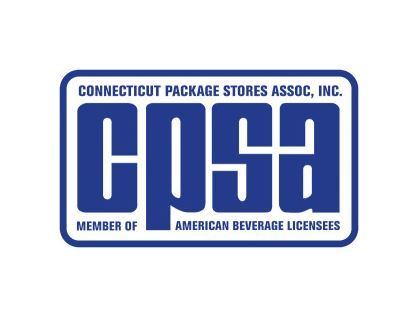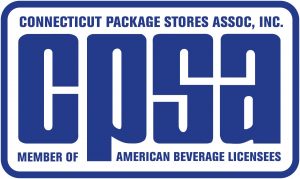

Sean Hughes, Account Director, Connecticut Package Stores Association.
By Sean Hughes, Connecticut Package Stores Association
The Connecticut General Assembly will conclude their business on May 4, 2022 once the clock strikes midnight. This year’s session has been the shortest number of calendar days allowed by state statute that anyone can remember. Despite the short period in which legislators must complete their work, there are some very large bills that are being worked on.
Some of these bills address climate change, juvenile crime, waste management issues and mental health-related initiatives. Regarding liquor issues, the leadership of the General Law Committee decided to limit the number of bills the committee would be introducing this session. The committee did not want to have the amount of controversial bills that were introduced in the 2021 legislative session, such as wine in food stores and beer being sold in big box stores. The committee instead focused on small changes to the statutes, as well as clarifying existing law.
There are two main bills that carry all the liquor-related changes. The first bill is HB 5330, which was voted out of the General Law Committee. This bill contained a few non controversial changes and codified a practice that is currently being used by package store owners. The first change establishes a “religious wine retailer permit” for religious institutions.
The General Law Committee and the Connecticut Department of Consumer Protection (DCP) were made aware that religious retail stores had been selling religious wines to churches and other religious groups without the proper permits, since the sale of sacramental wine was not written into statute. If passed, the bill would establish a new religious wine retailer permit, which allows for the sale of sacramental wine to religious organizations by a retail permittee that is primarily engaged in the sale of religious supplies.
HB 5330 would also codify into statute the practice of curbside pickup of previously purchased alcoholic beverages by package stores and grocery stores. Curbside pickup was allowed during the pandemic through an Executive Order by the Governor, and it is of the opinion of DCP and the General Law Committee that it should be made permanent. The pickups must take place during permissible hours of the retail sale of alcohol, and municipalities can adopt stricter ordinances that can limit the hours in which curbside orders can be picked up by customers.
There are also changes to bottle sizes and case quantities in HB 5330. DCP will now allow the retail sale of the following bottle sizes and case quantities: six 1,800 milliliter bottles, twelve 700 milliliter bottles, twelve 720 milliliter bottles and twelve 900 milliliter bottles. These changes have been proposed to incorporate the newly amended regulations issued by the Alcohol and Tobacco Tax and Trade Bureau, which allow for the import of European bottle sizes into the United States. Previously, only 750 milliliter bottles were allowed for import.
 The second bill that was voted out of the General Law Committee, which contains changes to the Liquor Control Act, is HB 5331. This legislation does not have as many changes as the previously mentioned bill, however it initially raised concern due to the multiple interest groups that attempted to make drastic changes to the language.
The second bill that was voted out of the General Law Committee, which contains changes to the Liquor Control Act, is HB 5331. This legislation does not have as many changes as the previously mentioned bill, however it initially raised concern due to the multiple interest groups that attempted to make drastic changes to the language.
The current language of the bill would allow for those who have a Connecticut craft café permit to collaborate with certain beer manufacturers to sell beer that they have created together. It would allow a collaboration between two manufacturers, as long as there is sharing of a recipe from one to another, one manufacturer provides at least 49% of the ingredients, or both are responsible for some portion of the labor required to brew the beer.
The concern for this bill came when Walmart testified that they would like the committee to change the definition of the grocery beer permit to lower the threshold from 50% of retail grocery sales, down to 20%. This change would have allowed the 12 Connecticut super Walmart stores to sell beer. Thankfully, the committee decided not to take up this request and did not include that change in HB 5331.
While this article is being written in early April, it can be assumed that by the time you read this, one or both bills may have been approved by the House of Representatives or the Senate and are on their way to the Governor’s desk to be signed. CPSA members will receive an end-of-session report that will inform them of all changes affecting the liquor industry.
CPSA is always monitoring for developments affecting the industry within and outside of the legislative session. Our association in Connecticut is fighting every day for the rights of locally owned package stores across Connecticut. Support these efforts by joining CPSA today at CTPSA.com/join-cpsa/.



